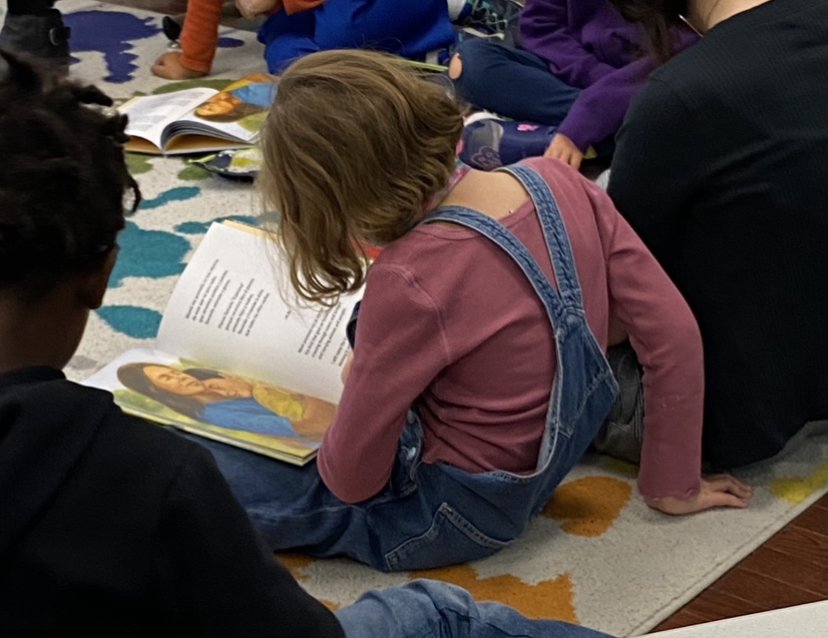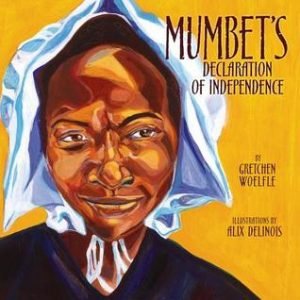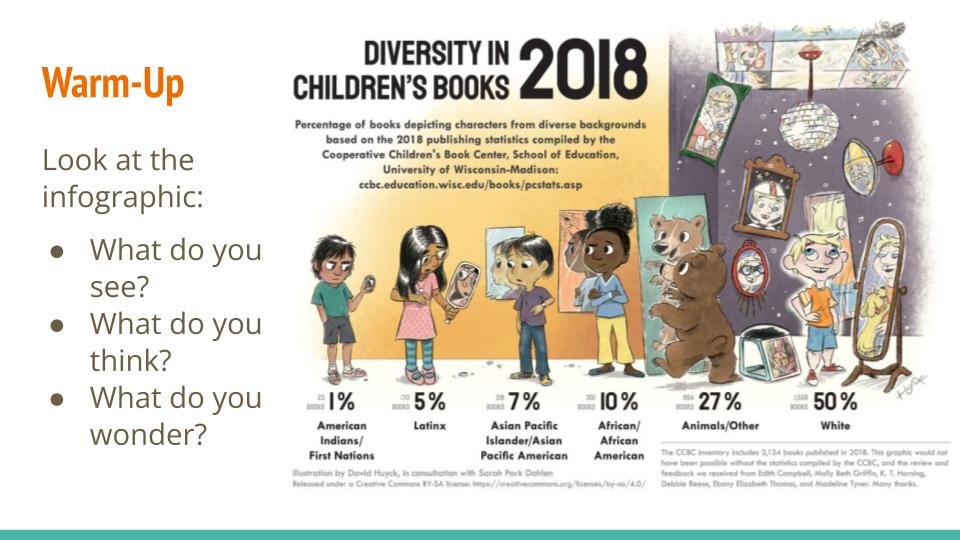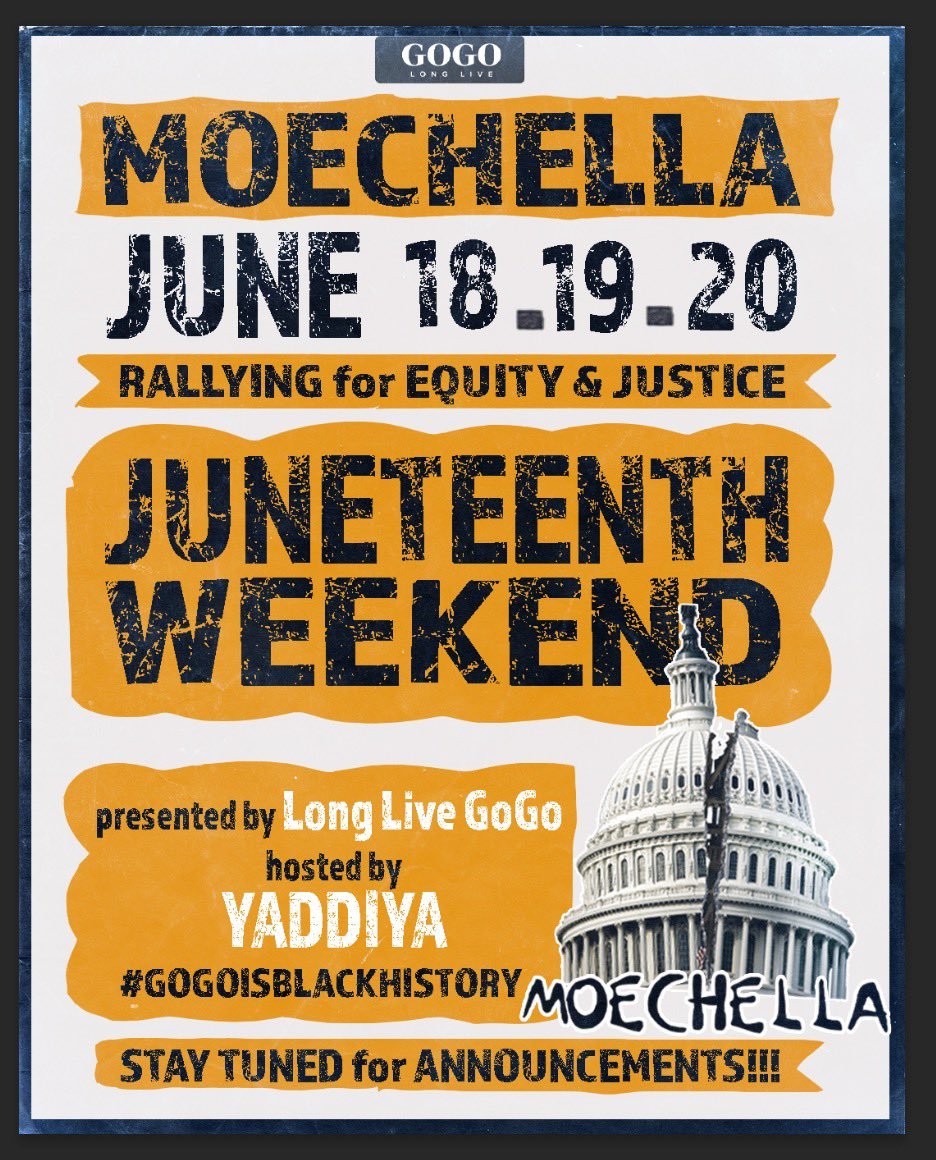[[bpstrwcotob]]
Connecting Pre-Colonial Indigenous Central American Cultures to the Present
Students learned about the Gods & Goddesses of the Nahua, Aztec, and Maya, and then made Hojalatas based on symbols and imagery from different cultures in the area, honoring the Indigenous cultures that paved the way for much of what is still celebrated and practiced in the countries of Central America through food, art, literature, music, dance, and language.
Teach Central America Expo at Bruce-Monroe @ Park View
The third annualk Teach Central America Expo at Bruce-Monroe ES @ Park View (DCPS). remained an intentional, collaborative, and joyous expression of the importance of teaching about Central America!
Students Teach About Central America at Cardozo EC
Students at Cardozo EC — most of whom are newly arrived students from outside the United States — taught other students about the countries from which they migrated.
A Train Called Hope at Hearst ES
Hannah Halpern and Megan Burleigh welcomed Teaching Central America advisor Jeannette Noltenius and her colleague Flori Berrocal to their classes at Hearst ES (DCPS) for a reading of Mario Bencastro’s A Train Called Hope/Un Tren Llamado Esperanza.
Behind the Scenes and In Front of the Camera: Filmfest DC 2022 Classroom Visits
Teaching for Change partnered with Filmfest DC: The Washington, DC International Film Festival for an eleventh year to spread the word about the international film festival and to bring filmmakers for some of the films into D.C. classrooms in April 2022.
Demands for Justice: Cardozo Students Pursue Equity and Justice in D.C. Public Schools
By Kimberly Ellis
As Dr. Martin Luther King Jr. famously stated, “The arc of the moral universe is long, but it bends toward justice.” This demand for a better world is doggedly pursued by students in Beth Barkley’s Human Rights and Social Justice class at Cardozo Education Campus (DCPS).
Women’s History Month
By Bridget Fuller
On March 29th, the Elementary working group gathered to connect and discuss Women’s History Month and how gender and racial biases are confronted in our schools.
Exposure: Black@Hayfield Photojournalism Project Captures Uniqueness and Universality of Black Experience
By Vanessa Williams
Walking into the front office of Hayfield Secondary School (ACPS), you’re greeted warmly by the office assistant and with cold-looking portraits of the past administrative staff at the school. Nestled in a classroom inconspicuously on the second floor, Ms. Ariel Alford is prepared to launch into a lesson on Black Lives Matter from an international perspective, focusing that day on Denmark.
D.C. and Beyond: Stories from Black Lives Matter at School Week of Action 2022
The fifth annual Black Lives Matter at School Week of Action wrapped up recently and educators in the D.C. area and beyond participated in powerful ways.
Black History, Black Present, Black Future: Exploring the Tulsa Race Massacre from an Economics Lens
By Kimberly Ellis and Vanessa Williams
What is the Tulsa Race Massacre? How do we, as a nation, tell the story of the massacre? What is owed to the Black community as a result of the massacre? Ashley Bryant created two weeks of lessons to explore these questions in celebration of the Black Lives Matter at School Week of Action and Year of Purpose.
Art as Empathy: An Early Childhood Educator’s Reflection and Application
By Makai Kellogg
During this session, Rapoport led participants in an activity where we thought about our favorite place and associated a color with it. We then added feeling words, more colors, and sensory experiences connected to the place.
Demanding They Be Heard: MacFarland Middle School Students Take Up BLM at School Guiding Principles and Demands
By Kimberly Ellis
At MacFarland Middle School (DCPS), Melanie Holmes’ students spent the week contemplating how to ensure all Black lives matter at their school.
"We Are Here": High Schoolers Write and Review the LGBTQ+ Books They Want to Read
By Tiferet Ani
This Fall I taught an LGBTQ+ Studies elective for high school students. It was being piloted for the first time. Students and teachers collaborated to develop the course outline and unit projects.
Everyday People: 7th Graders Step into Selma
By Kimberly Ellis
“The Civil Rights Movement was made up of everyday people choosing to do difficult things.” Lesley Younge, an English teacher at Maret School, opened her 7th grade English class with this statement.
More Than Music: Go-Go As A Mobilization Tool
By Kimberly Ellis
As a native Washingtonian, Beth Sewell, an Independence and Learning Support teacher at Calvin Coolidge Senior High School (DCPS), has been surrounded by go-go music her entire life.
Go-Go is Inside: Pre-K Students Learn About Go-Go Music
By Kimberly Ellis
On August 17, 2021, DC educators joined the virtual workshop “Think Local, Crank Global” hosted by Teaching for Change’s Teach the Beat program and the DC Public School Office of Teaching and Learning, Music, and Arts.
Easter Monday at the National Zoo
By Kimberly Ellis
In 2017, students in Dr. Dianna Hall’s 12th-grade U.S. Government and African American History classes at Phelps ACE High School (DCPS) explored the historical and cultural significance of the Monday after the Easter holiday, known colloquially as Easter Monday, to Black Washingtonians.
Think Local, Crank Global: Summer 2021 Go-Go Workshop for Educators
By Lila Chafe
On Tuesday, August 17, DC educators joined the virtual workshop “Think Local, Crank Global” hosted by Teaching for Change’s Teach the Beat program and the DC Public School Office of Teaching and Learning, Music, and Arts.
Teach the Beat Highlights in the Spring of 2021
Spring 2021 allowed for the Teach the Beat program to visit 27 classrooms, serving approximately 550 students throughout D.C. public schools virtually and in-person with teaching artists navigating varying online platforms.
Teaching Disability Awareness in the Virtual Classroom
By Laura Mufson
Virtual school has forced many educators to rethink how to engage students with social activism from behind a computer screen. I discovered that reading books aloud to my 4th-grade students during the virtual class was one of the times where I had the highest engagement and excitement from my students.




















